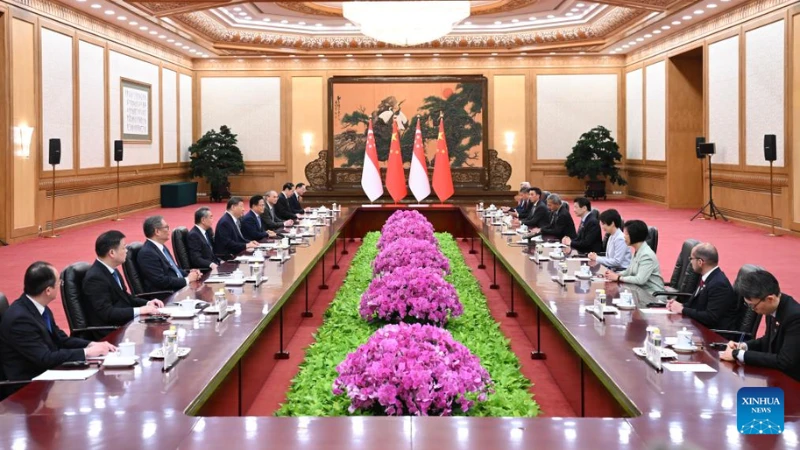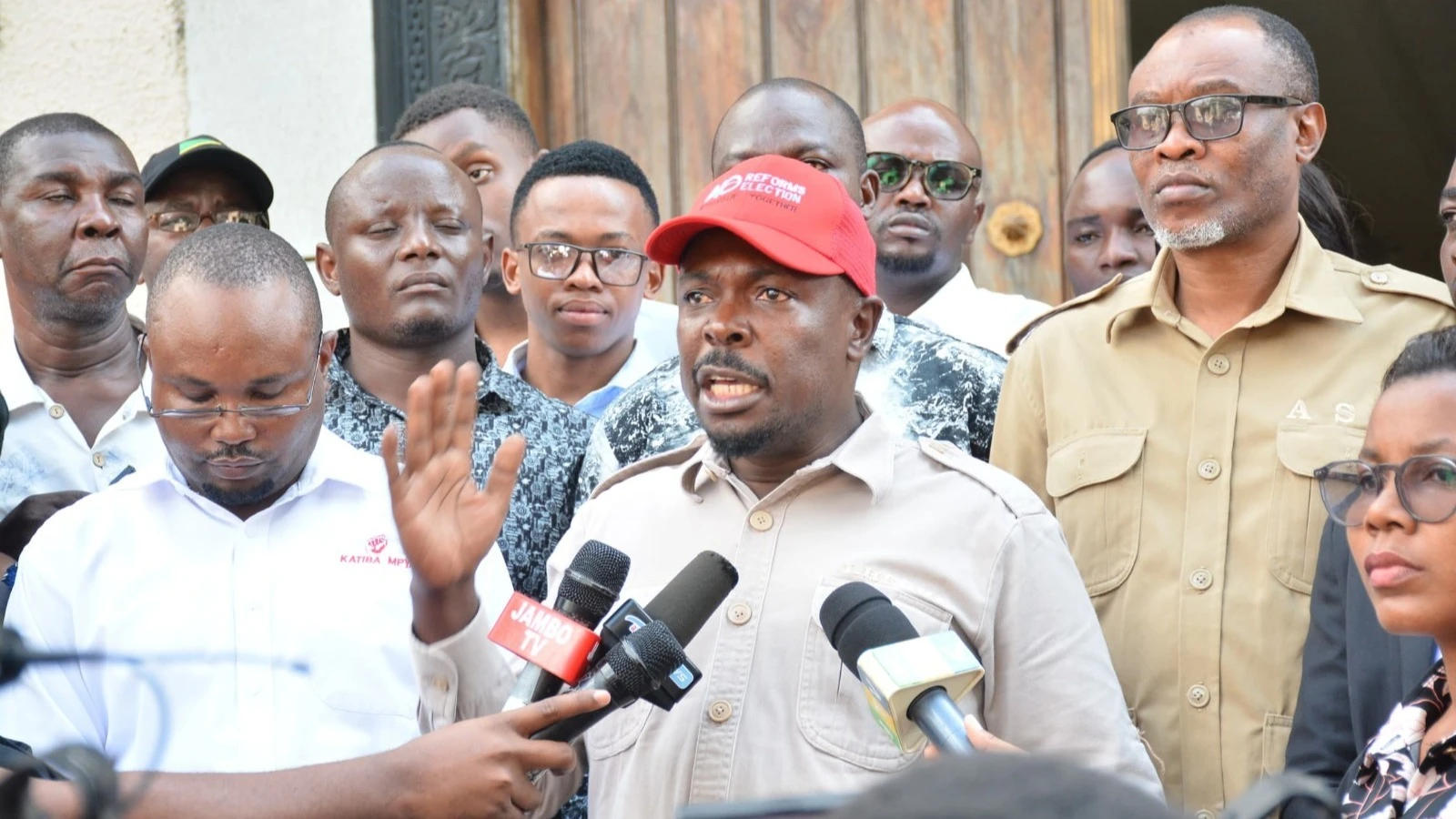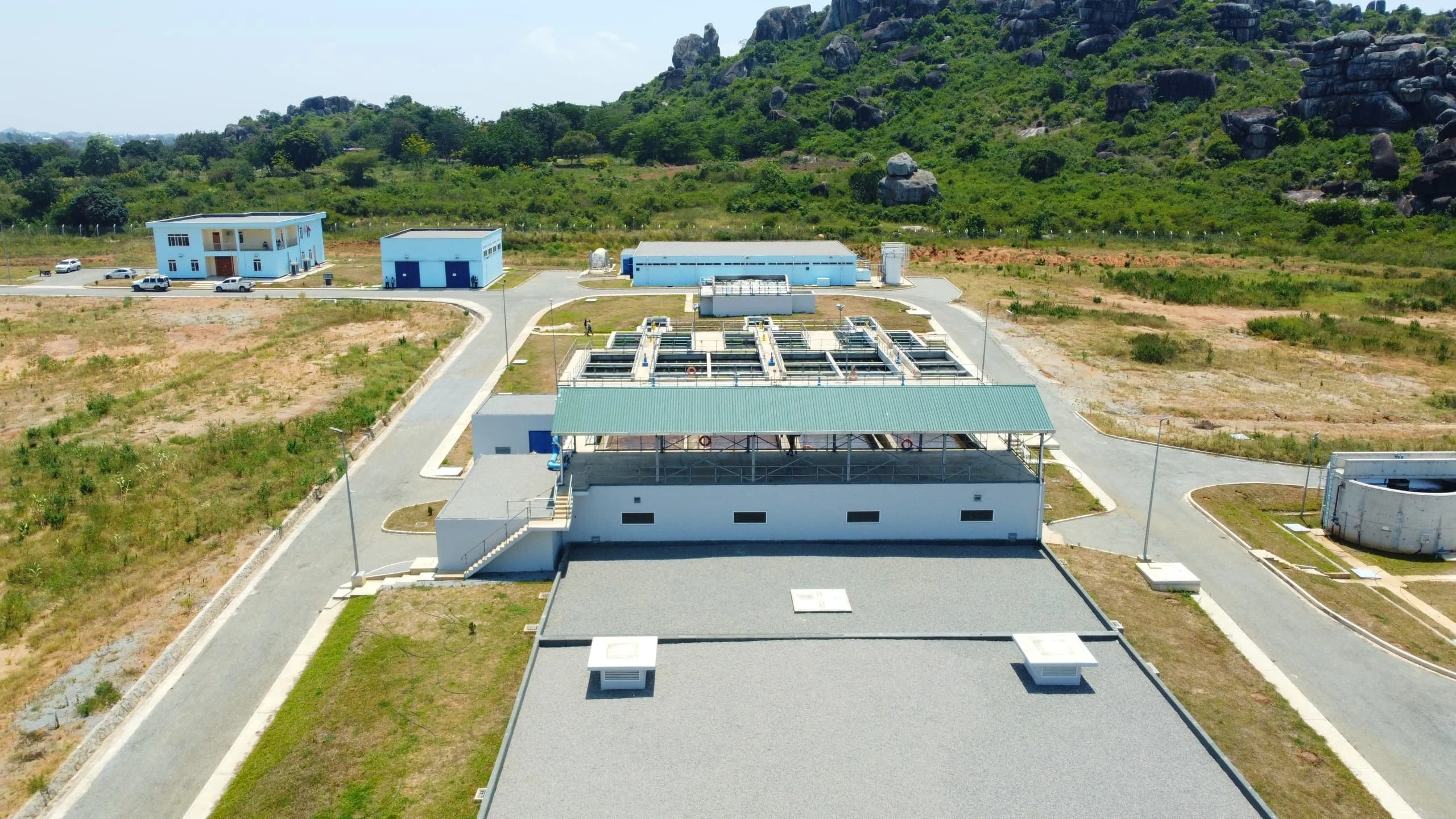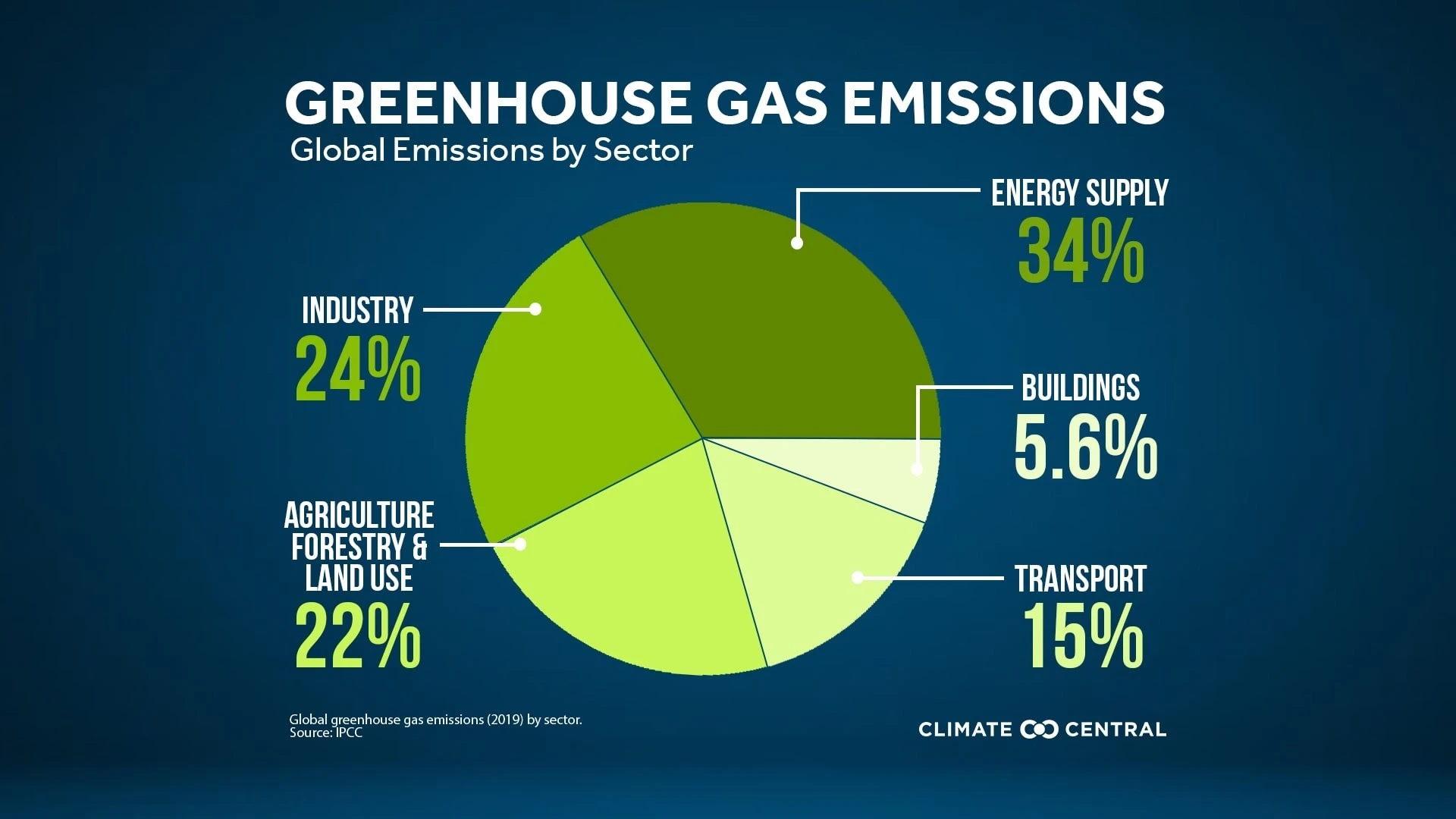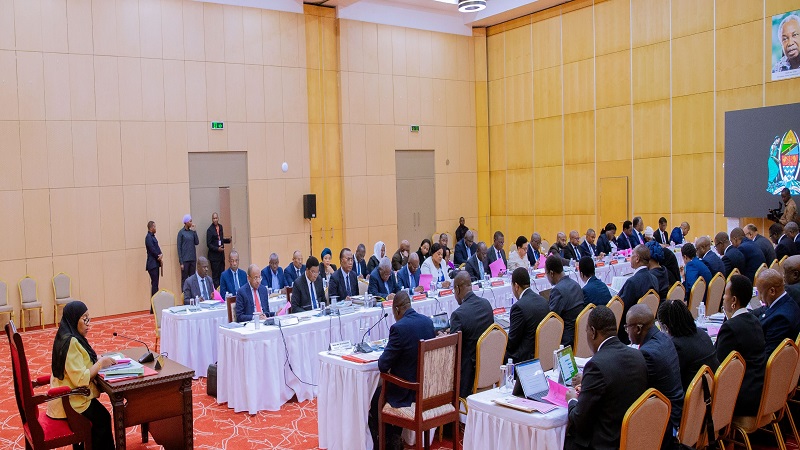Treasury Registrar mobilises 900bn/- dividend revenues in past 11 months
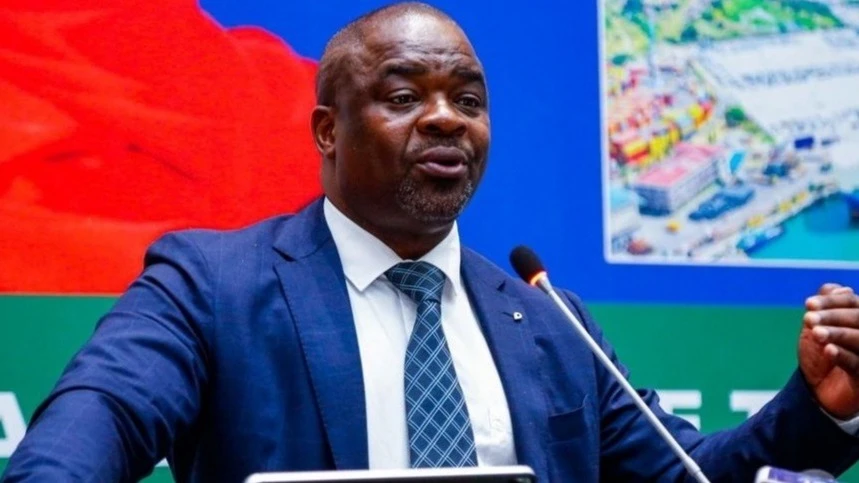
A TOTAL of 900bn/- has been collected over an 11-month period from companies where the government holds shares, with expectation to reach 1trn/- by the end of this financial year.
Nehemiah Mchechu, the Treasury Registrar, said at a media briefing in Dar es Salaam yesterday that there was a 40 percent increase in non-tax revenue collections from public and statutory corporations, along with minority interest entities.
He made the remarks ahead of dividend day scheduled for 10 June at the State House in Dar es Salaam, affirming that the 900bn/- was collected from July 2024 to May 2025.
This achievement represents a significant rise in revenue from public institutions and companies where the government holds minority shares, rising from 633.3bn/- collected during the corresponding period for fiscal 2023/24.
It also reflects a 15.3 percent increase over the full-year total of 767bn/- collected in the previous financial year, he stated, attributing the revenue growth to strengthened oversight of dividends and financial contributions from public entities, alongside the adoption of digital information systems.
“The office has successfully integrated the planning and budgeting system (PlanRep) with the enterprise resource management system (ERMS) and e-Watumishi platforms, in addition to enhancing the government digital payments system.
This has enabled access to accurate expenditure data across public institutions and entities, thereby improving transparency and accountability in the management of public funds, he explained.
Digital improvements have enabled various systems to interoperate effectively, in line with the presidential directive for greater integration and data sharing between government platforms.
Dividends accounted for 63.9 percent of the total collections, while contributions calculated as 15 percent of gross revenue comprised 29.7 percent, while company surpluses, loan repayments, interest and proceeds from the telecommunications traffic monitoring system contributed 6.4 percent of the total, he explained.
In addition to increased collections, the Treasury Registrar’s Office has made significant investments in enhancing staff performance by instituting key performance indicators, enabling effective assessment of board performance, ensuring measurable results and improving institutional accountability, he specified.
“This has been further supported by capacity-building initiatives, including the participation of 111 chief executive officers in this year’s leadership and governance induction training, meant to strengthen corporate governance and operational effectiveness,” he stated.
The government has increased its investment in public institutions and companies in which it holds minority stakes, where the value of these investments rose from 75.79trn/- during fiscal 2022/23 to 86.29trn/- for fiscal 2023/24.
“We have also promoted accountability within these companies through a Directors’ Forum, which brought together 125 government-appointed board members representing minority shareholding companies. This forum also saw the launch of a revised and improved Directors’ Guide,” he said.
This initiative goes hand in hand with the review of shareholder agreements and the strengthening of governance structures, expanding the government’s involvement in critical sectors such as banking, manufacturing and mining, he said
Board members in key sectors such as mining, oil and gas, minerals, finance, tourism and energy will be selected through a rigorous application and interview process to ensure competent individuals are appointed, “people who can truly transform the public sector,” he added.
Top Headlines
© 2025 IPPMEDIA.COM. ALL RIGHTS RESERVED








